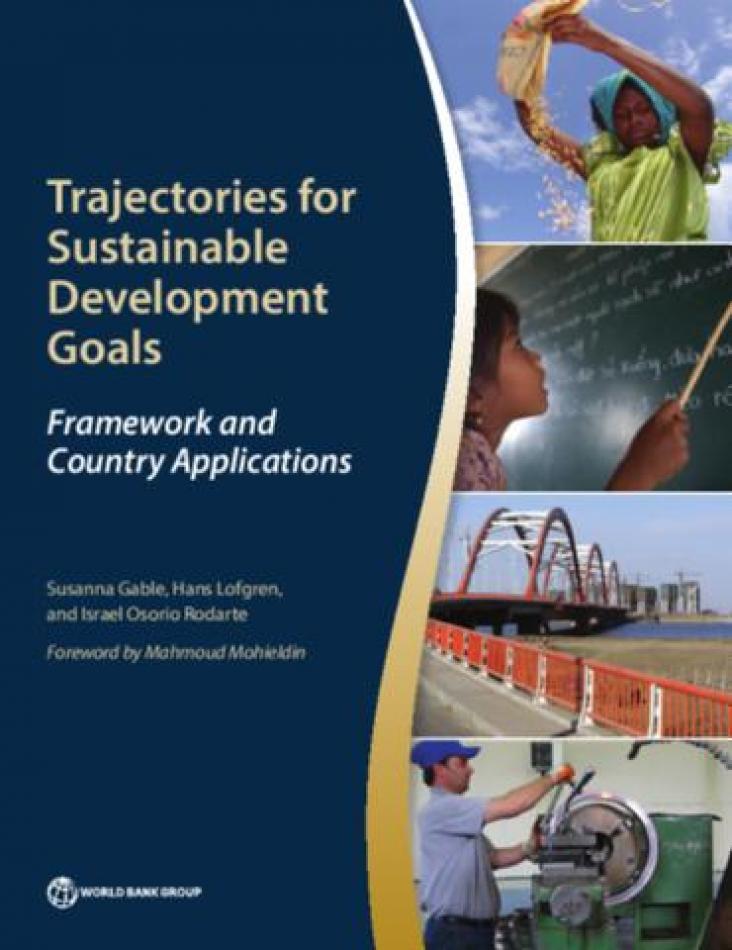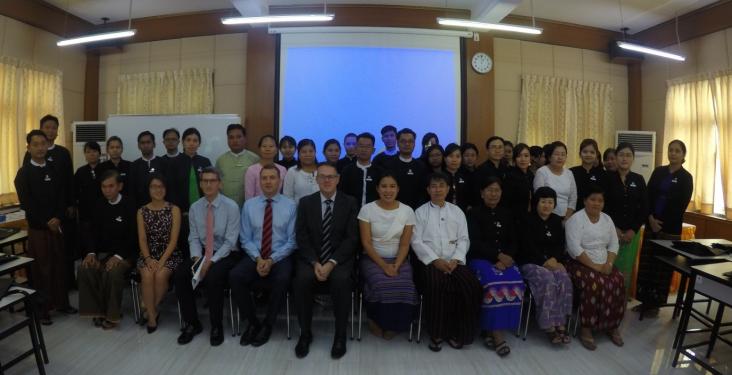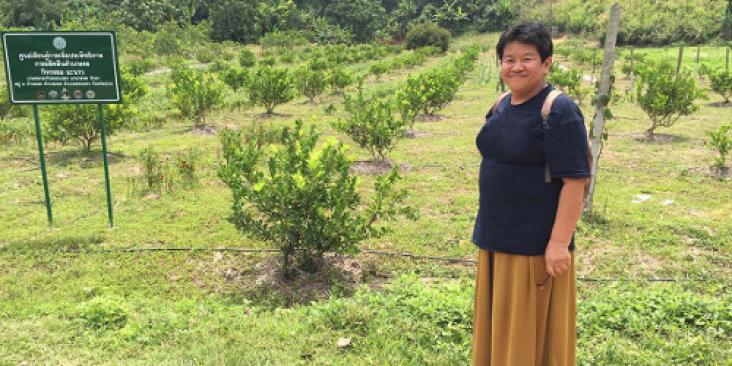
This book presents the country development diagnostics post-2015 framework, developed by the World Bank Group to assess the country-level implications of the post-2015 global agenda, as well as brief, ‘at-a-glance’ applications of the framework to ten countries: Ethiopia, Jamaica, the Kyrgyz Republic, Liberia, Nigeria, Pakistan, Peru, the Philippines, Senegal, and Uganda.
Tourism and hospitality are labour intensive, with 8% of the global workforce employed in the sector. The critique of employment conditions in the sector is deeply rooted, low remuneration, anti-social hours, insecurity, limited access to training and poor career progression are charges regularly levelled at the industry. The World Responsible Tourism Awards showcases many examples of companies choosing to have inclusive labour practices.

The burgeoning economy in Myanmar is creating much opportunity in the country but this is putting a strain on the judicial system which is trying to keep pace with development. The Juris Pilot addresses the need for greater knowledge of international contract law by training government legal staff. Sharing knowledge between professionals advances SDG 16.3 to promote the rule of law at the national and international levels.

Many countries are experiencing economic benefit from a surge in tourism, but once pristine landscapes are changing and local communities rarely benefit from the tourism, and instead run the risk of losing their livelihoods. Researchers in Thailand are investigating “creative tourism” – creative, sustainable approaches to tourism, that enable producers and consumers to relate and get value from their connections. This supports the tourism elements of SDGs 8, 12 and 14.

The marketing value of the concept of ecotourism is now very low, as there is very little evidence that it delivers. Many people in the developing world are unable to visit National Parks and suffer only negative impacts – loss of access for meat, fruits, thatching grass and land for agriculture. How does a consumer or tour operator identify wildlife operators and conservancies that are really making a contribution? Either to wildlife and habitat conservation or to the livelihoods of local communities to ensure that they benefit from conservation?
Four years after the Rana Plaza factory collapse, this article gives insight into the modern slavery risks in the garment industry, as well as 6 steps for companies to demonstrate their commitment to transparency. This is in line with SDG 8 Decent work and economic growth, in particular SDG target 8.7 which is to take immediate and effective measures to eradicate forced labour, end modern slavery and human trafficking and secure the prohibition and elimination of all forms of child labour.
This article published on International Women's Day 2017, shines a light on the issue of forced labour, as 55% of people who are estimated to be in forced labour are women and girls. It also discusses modern slavery legislation changes and discussions in France and Australia. This legislation could contribute to the goal of SDG target 8.7 which is to take immediate and effective measures to eradicate forced labour, end modern slavery and human trafficking and secure the prohibition and elimination of the worst forms of child labour, including recruitment and use of child soldiers, and by 2025 end child labour in all its forms.
This article provides insight into an international company that is dealing with human rights issues in its supply chain from the past, in particular modern slavery, but which in recent years has been one of the early adopters of ongoing human rights due diligence. This is in line with the goal of SDG target 8.7 which is to take immediate and effective measures to eradicate forced labour, end modern slavery and human trafficking and secure the prohibition and elimination of the worst forms of child labour, including recruitment and use of child soldiers, and by 2025 end child labour in all its forms.
Consumers' purchasing behaviour is increasingly influenced by businesses' ethical behaviour. As Christmas is a time of celebration and this goes hand in hand with consumption, this article explored some of the products that are at risk of being produced by people in modern slavery.
This feature length article highlights findings from three new reports, showing the progress by companies complying with the UK Modern Slavery Act. With almost half of FTSE companies currently not complying, and 77% of companies that participated in a recent research study agreeing there is a likelihood of modern slavery occurring in their supply chains - there is still much to do. The goal of SDG target 8.7 is to take immediate and effective measures to eradicate forced labour, end modern slavery and human trafficking and secure the prohibition and elimination of the worst forms of child labour, including recruitment and use of child soldiers, and by 2025 end child labour in all its forms.
